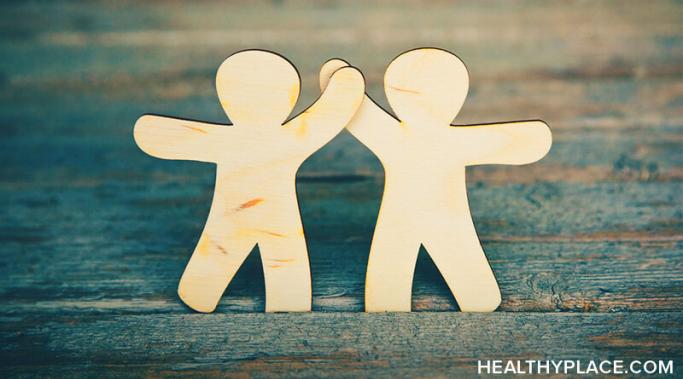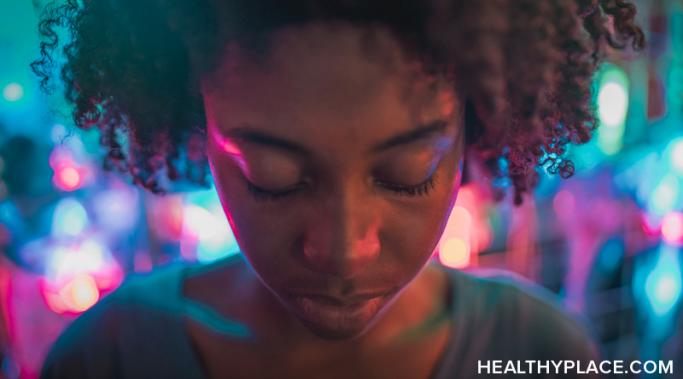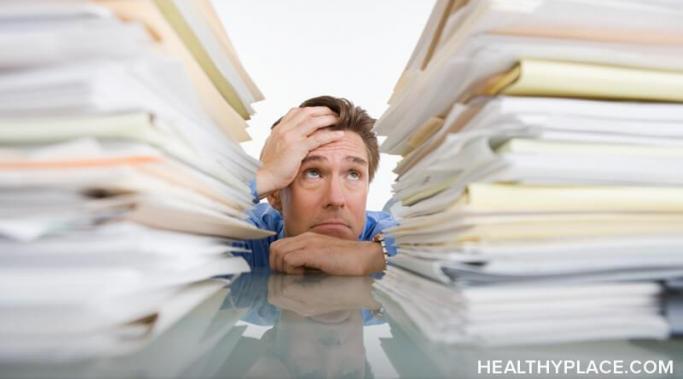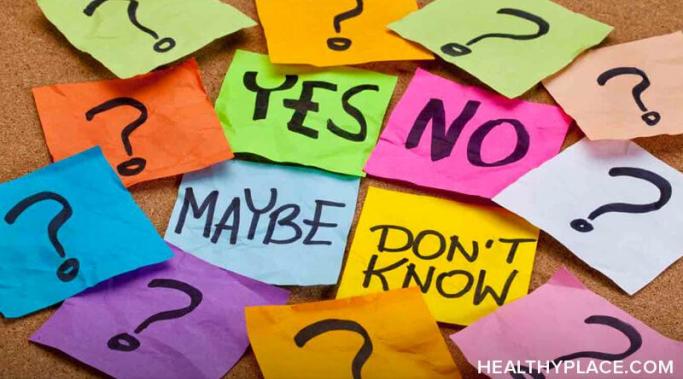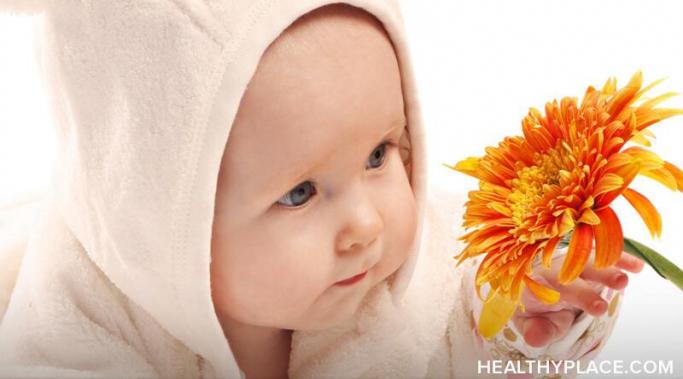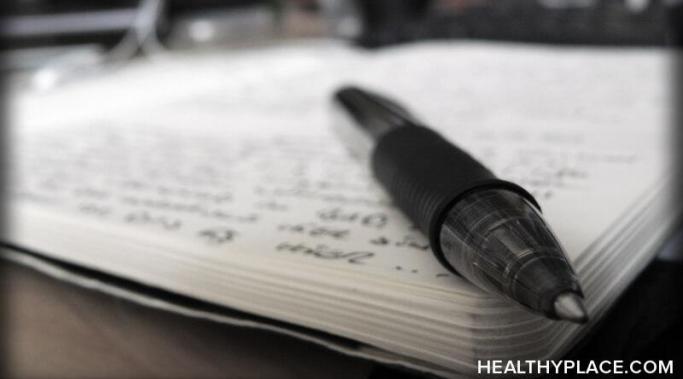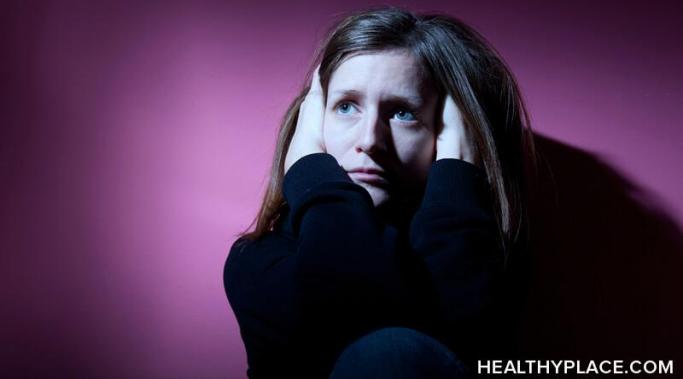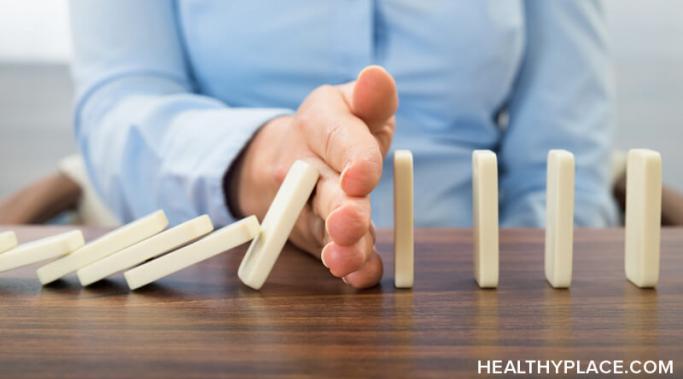In addition to recovering from mental illness, it's also important for us to learn how to prevent mental health relapse in times of stress. Lately, my mental health has been doing really well. I've put in a lot of work, and it's finally paying off, but recently, some family stress has put all of my progress to the test. I've noticed a lot of my typical mental illness symptoms struggling to reemerge, to rear their ugly heads and completely derail my life. Luckily, I've managed to keep them to a minimum and prevent a full-on mental health relapse. I thought it would be helpful to share how I'm managing to prevent relapse.
Recovering from Mental Illness
How might you balance social responsibility and mental health recovery? In my mental health recovery, I have had to consider what responsibilities I have to myself vs. social responsibility.
Impulsivity is not the only impulse control issue that can coincide with mental illness. The opposite can also be a problem: excessive self-control. I can remember being overly concerned about controlling my impulses from a very young age, even though I was never a very impulsive child. For some reason, I thought I had really bad self-control and needed to be more in control. To this day, I still struggle to simply act on my impulses without a lot of anxiety; excessive self-control causes problems for me.
We need executive dysfunction coping skills because this type of dysfunction is a common symptom of all kinds of mental illnesses, from attention-deficit/hyperactivity disorder (ADHD) to depression to posttraumatic stress disorder (PTSD). Executive dysfunction makes a person struggle to perform tasks that they are otherwise completely capable of performing. Although this is often mistaken for laziness, it is a completely different experience.
New Year's resolutions are tricky for everyone, but they can be particularly troublesome for those of us recovering from mental illness. How do you set goals that will push you but won't push you over the edge? Is it possible to make resolutions that you can still accomplish even if it turns out to be a bad year for your mental health? Do you have enough faith in yourself to even set any goals this year? It's hard to know the answers to these questions, which begs another question: are New Year's resolutions a good idea for people with mental illness? I think they absolutely can be, it just depends on each individual person and their situation.
How do you determine if you're depressed or just sad? Navigating emotions while recovering from mental illness is incredibly tricky. For me, mental illness completely broke my internal emotional compass. Before I experienced depression, I could identify emotions like sadness, worry, and joy fairly easily. But after I experienced depression, it became nearly impossible to distinguish between depression and sadness or nervousness and anxiety. Even though I've been recovering for years, this is still one of my biggest struggles as a human being. Luckily, all those years in therapy have taught me a few things, and I'd like to share them with you.
A new baby impacts your mental health just as many life events can have a significant impact on mental health recovery, a fact which I've been reminded of recently. Just a few weeks ago, I had a beautiful baby boy, and though I've been lucky enough to avoid postpartum depression, I've still had to make several adjustments in order to prioritize my mental health. In this post, I want to share a few of my tips for maintaining good mental health even through all the chaos of bringing home a new baby.
I have been writing for the "Recovering from Mental Illness" blog at HealthyPlace for over two years now. It has been an amazing experience that forced me to really examine my own mental health and what recovery means to me. I am in a better place because of it. I've also gained a lot of confidence as a writer.
Recently, I've learned that behavior that is convenient for others is not always healthy behavior for me. I was taught at a young age that my natural reactions to things were "overdramatic" or "wrong" and so I started to hide my real reactions and feelings. I got very good at doing what I was "supposed" to do and being the way I felt I was "supposed" to be. Over time, I became much more concerned with making sure my behavior was convenient for others rather than healthy for me.
The holidays are upon us, which means it's more important than ever to set healthy boundaries to maintain your mental health and wellbeing. Family parties, gift-giving, and the pressure to enjoy yourself can all impact your mental health during the holiday season, especially if you don't have solid boundaries set up to protect yourself. In the past, all of these things have made me miserable throughout the holiday season, but over the years I've learned how to set healthy boundaries and actually enjoy the holidays despite my mental health issues.

